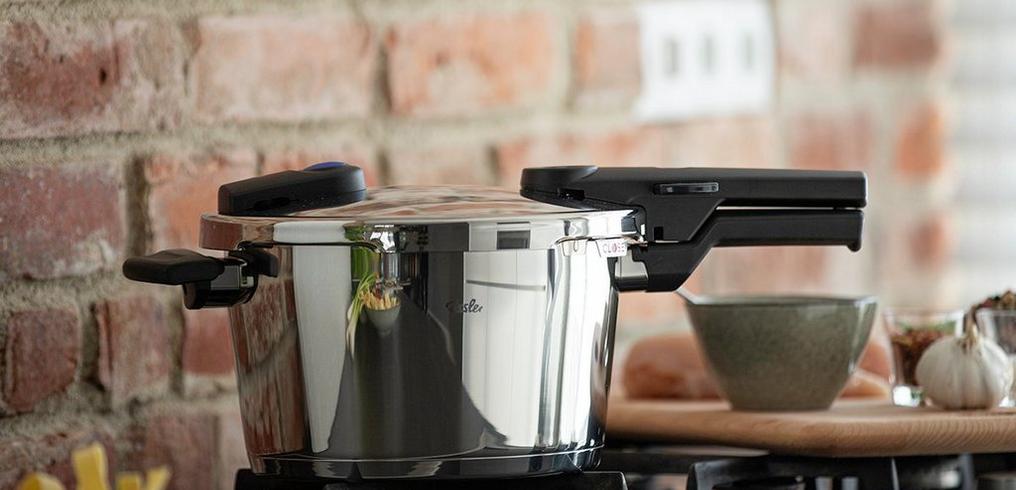Pan maintenance
To keep your pans in good condition it is important to take care of them. Depending on the material and non-stick layer, they ask for a different treatment. In general it is best to wash them by hand compared to putting them in the dishwasher. The detergents in dishwasher tablets are much more aggressive than dishwashing liquid.
Stainless steel pans:
A stainless steel pan is incredibly easy in use. You can put it in the dishwasher and brush it clean with a scouring pad. Clean is clean. You can leave it dirty overnight and don't have to worry. Cleaning it the next day will do just as well.
The plastic handles might discolour a bit when put in a dishwasher. With good quality pans this won’t happen quickly and it does not influence the cooking properties.
Pan with a teflon non-stick coating:
The main advantage of using a non-stick coating, of course, is that food will not stick to the pan. A non-stick coating made of teflon (which is actually a brand name of polytetrafluoroethylene (PTFE) should be treated with care when you would like to use it over a long period of time. No utensils that can scratch inside the pan! No knives, metal spatulas or scouring pads can be used. Washing it off, whether or not in the dishwasher, should suffice because nothing will stick to the surface.
If for some reason some residue keeps sticking to the surface, an acidic product will help you remove it. Cooking a little vinegar inside the pan will do the trick.
Prevent big temperature changes in the pan. Don’t remove a pan from a heat source and directly use cold water to rinse it. This can cause damage to the teflon layer.
Pan with ceramic non-stick coating:
A ceramic non-stick coating is much harder and less vulnerable than a teflon coating. That means you can scrub a little harder when cleaning it. It is often said that scouring pads and metal spatulas won’t hurt the coating, but our advice is to be a little careful. Always use a sponge to clean it. Because the material of the pan is so hard, there’s a greater risk of damaging it. When you’re careful you can enjoy your pan for years and years.
Sheet steel pan:
A sheet steel pan is a very simple product. It is made of 100% iron. Over time the pan automatically gets black because of use. In fact, it should even be 'burned-in’. The black layer, or patina, functions as a non-stick coating. The layer can last a lifetime. It is important to clean the pan with water, using no detergent. After cleaning it should immediately be dried and can be greased a little. Otherwise the steel will rust. When there are spots that can’t easily be removed, brushing with some coarse salt can do the trick.
Even a kitchen 'drama' is not the end of the world for the pan. Worst case scenario is that you have to brush the entire pan clean and start over with burning it in. A pan with a teflon coating you would have to throw out after such a problem.
Cast-iron pan:
A cast-iron is made for life. The only thing that can really wrong with the pan, is that when it should fall the iron may crack or break. So always treat a cast-iron pan with care. Let it cool down before you put it under a cold tap. It is best to wash it by hand without detergent. Certainly when it comes to pure cast-iron which does an extra protective enameled layer. When you wash it by hand, washing liquid won’t do much harm. After cleaning the pan drying it off and giving it a little oil prevents rust. If rust does appear a scouring pad can help you out.
Copper pan:
Professional chefs often use copper pans to make sauces. Never use sharp objects in a copper pan. Cleaning can go easily with warm water and a detergent. When food really sticks to the bottom of the pan, it is best to let it soak in water for half a day.
Many copper pans have a layer of stainless steel on the inside. It makes the pan less vulnerable to both damage and, for example, chemical reactions between copper and certain elements from food. In all cases treating your pans with care is important. Considering their price you want to enjoy the for a lifetime!
The outside of the pans can polished to get it looking like new again. This is mostly cosmetic maintenance. Such beautiful pans do deserve it though!
Pottery (oven) dishes:
Pottery is really easy to clean. It can be best cleaned in the dishwasher of by hand. The biggest risk is dropping and breaking it. So be careful and you’ll be OK!
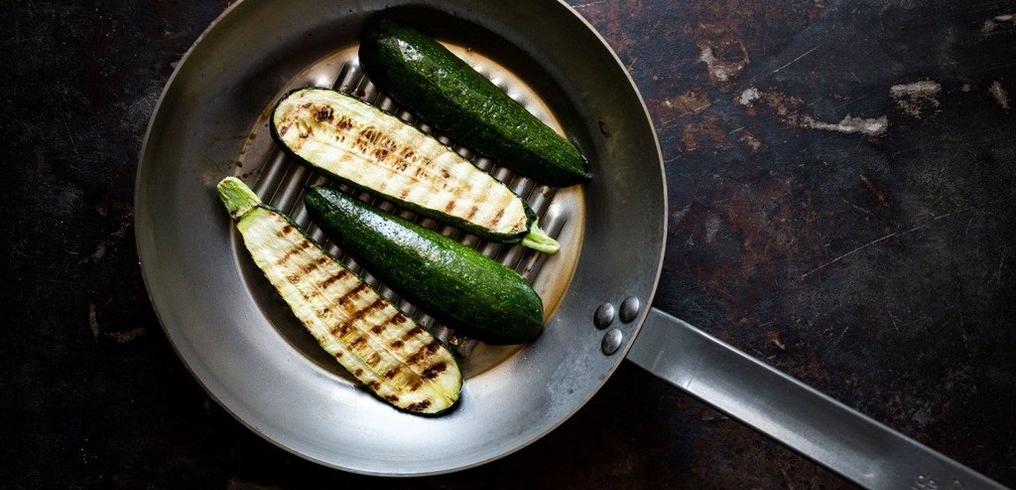
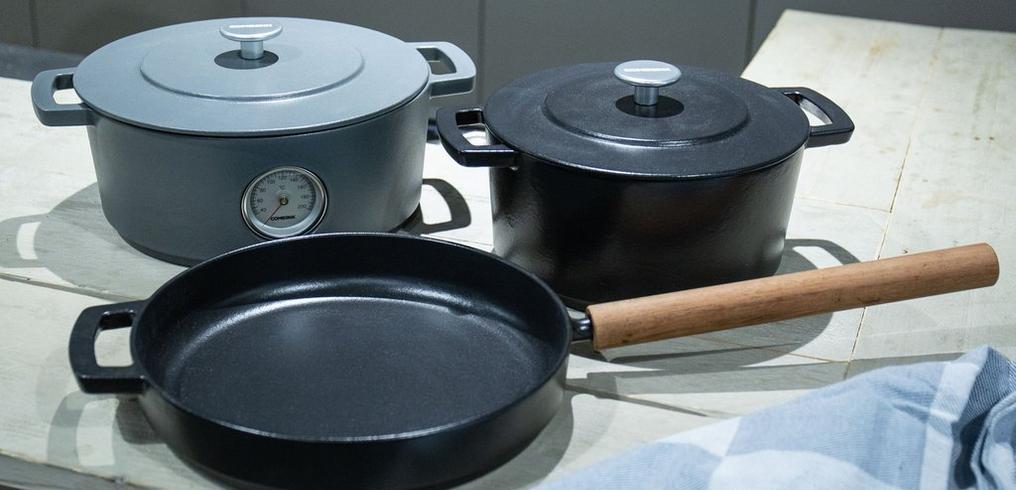
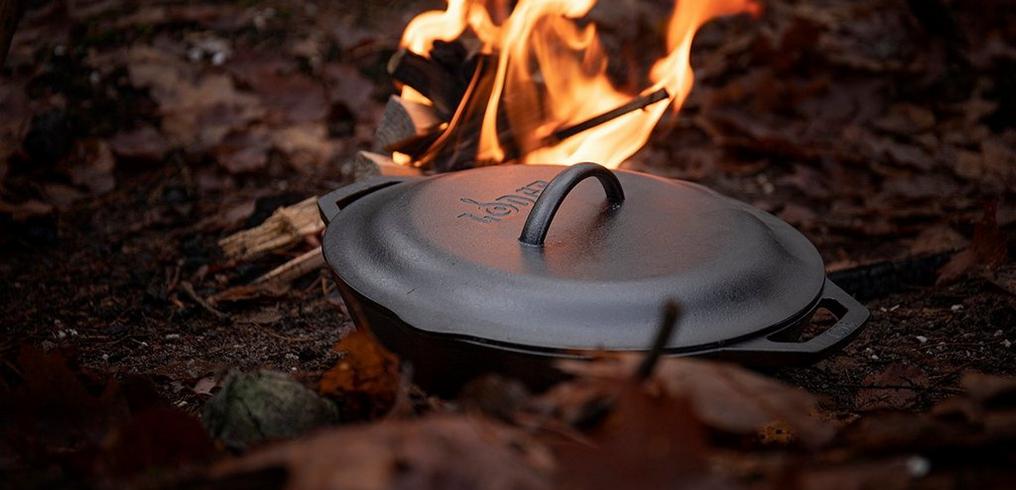
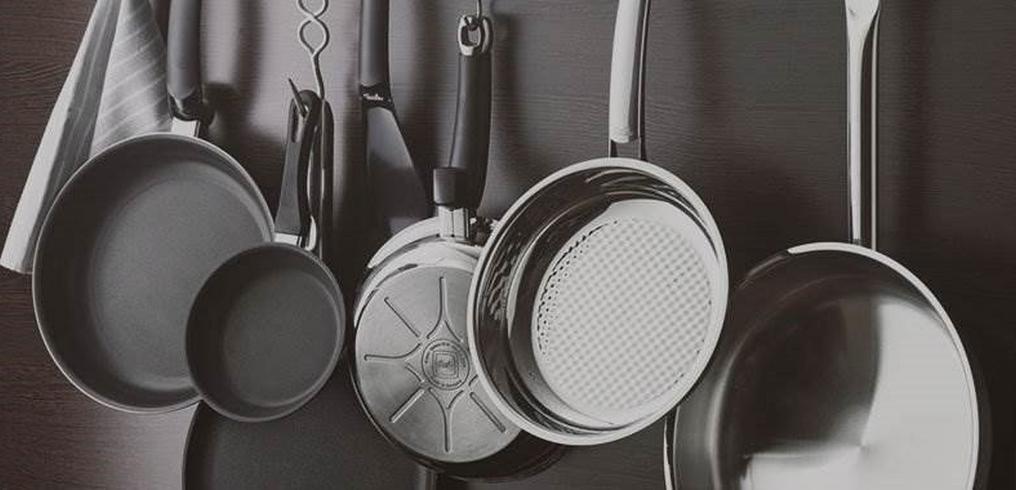
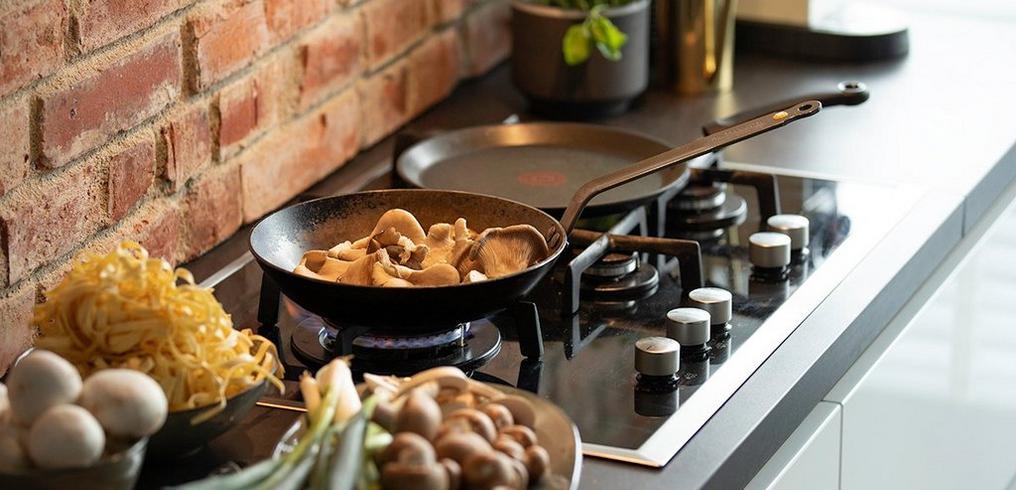
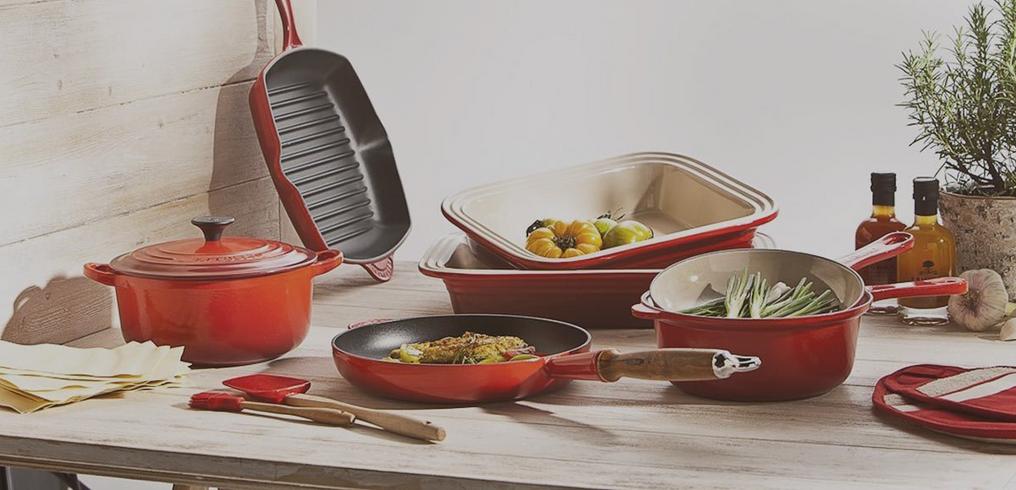
?%24center=center&%24poi=poi&%24product-image%24=&fmt=auto&h=490&poi=%7B%24this.metadata.pointOfInterest.x%7D%2C%7B%24this.metadata.pointOfInterest.y%7D%2C%7B%24this.metadata.pointOfInterest.w%7D%2C%7B%24this.metadata.pointOfInterest.h%7D&scaleFit=%7B%28%24this.metadata.pointOfInterest%29%3F%24poi%3A%24center%7D&sm=c&w=1016)
